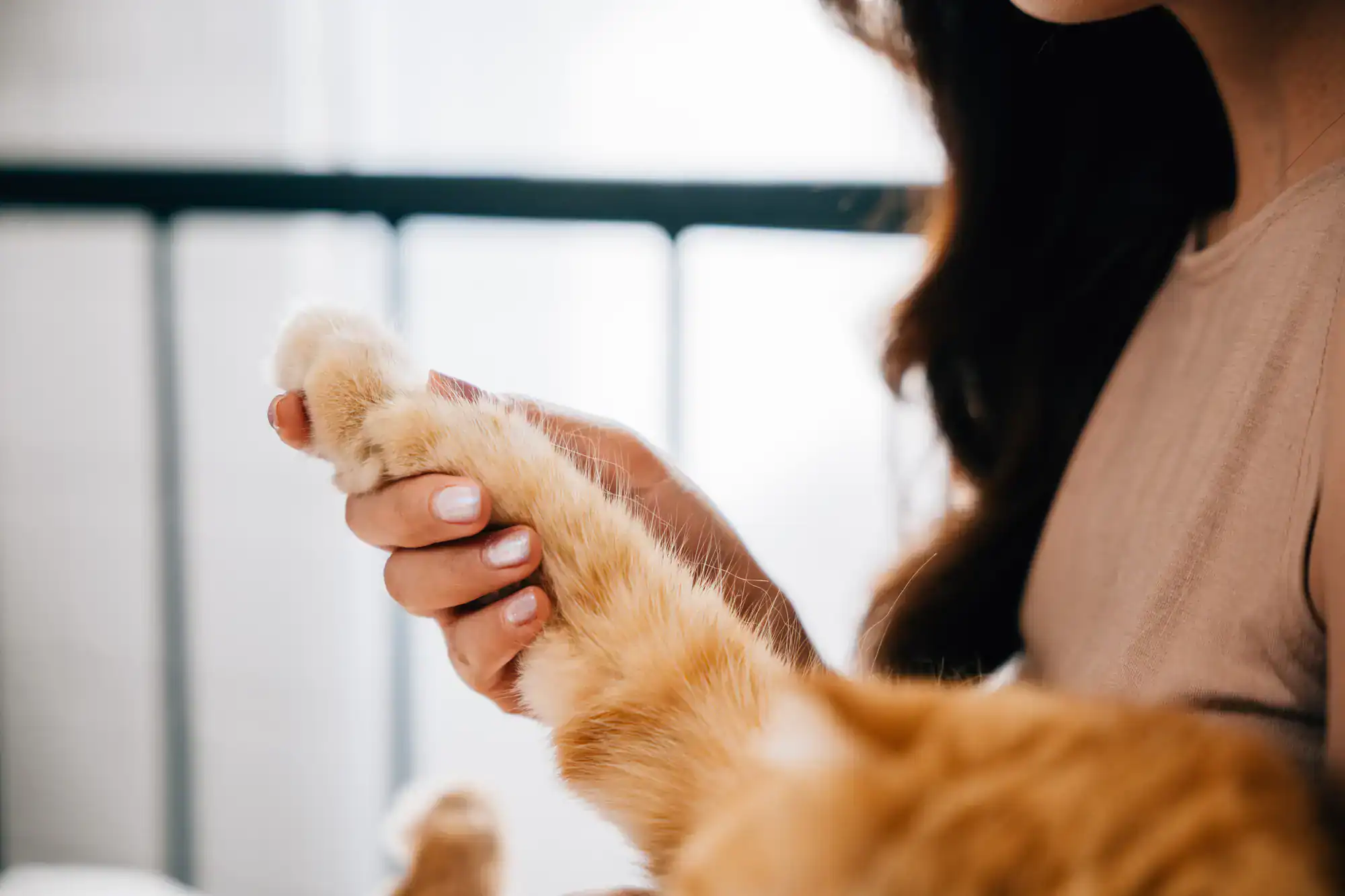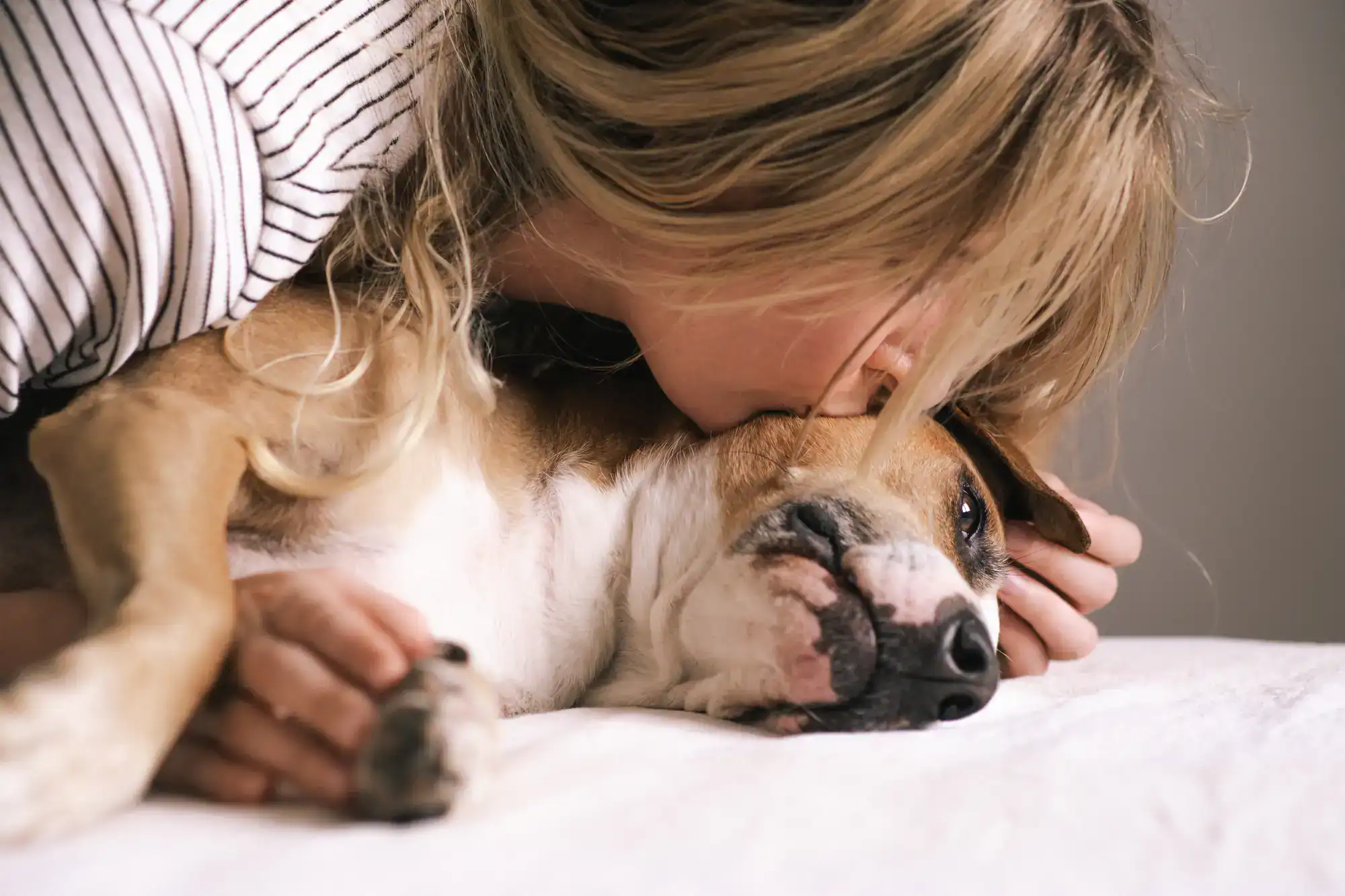Pet Loss Support in Bunker Hill Village
When Grief Feels Too Heavy to Carry Alone
You’re not broken for feeling this devastated. Losing your companion isn’t “just losing a pet” – it’s losing family, and that grief deserves real support.

Hear from Our Customers

Coping with Pet Loss Support
Right now, everything probably feels wrong. Your routine is shattered. That chair where they used to sit looks empty. The silence where their footsteps used to be feels deafening.
This isn’t something you “get over” in a few days. Pet loss grief can last months, sometimes up to a full year. Your body and mind are processing the loss of a relationship that gave you unconditional love, daily structure, and emotional support that humans sometimes can’t provide.
You need space to grieve without people telling you to “just get another one” or minimizing what you’re going through. You need practical tools for managing the waves of sadness, anger, and guilt. Most importantly, you need to understand that what you’re feeling is completely normal and valid.
Pet Grief Counseling Bunker Hill Village
We’ve been supporting families in Harris County since 1989. We’re members of the American Association for Pet Loss and Bereavement because we know that caring for grieving pet parents is just as important as caring for their beloved companions.
In Bunker Hill Village and the Memorial Villages, we see how deeply people love their pets. These aren’t just animals – they’re family members who greeted you at the door, comforted you during difficult times, and became part of your daily identity. When they’re gone, the grief can feel overwhelming.
Our team includes licensed veterinarians who understand the human-animal bond from both medical and emotional perspectives. We’ve walked alongside thousands of families through this process, and we know that your grief deserves respect, time, and proper support.

Pet Loss Resources and Support
First, we listen. No judgment, no timeline pressure, no suggestions to “move on.” We start by understanding your specific situation – whether your pet passed suddenly, after a long illness, or through euthanasia. Each scenario brings different types of grief and guilt.
We provide practical coping strategies for managing the daily reminders and disrupted routines. This includes guidance on handling triggers like their favorite toy, dealing with other pets who might be grieving, and navigating social situations where people don’t understand your loss.
We also connect you with local and online support resources, including grief counseling professionals who specialize in pet loss. Sometimes talking with others who’ve been through similar experiences makes all the difference. You’ll learn that the depth of your grief actually reflects the depth of your love – and that’s something to honor, not hide.

Ready to get started?
Pet Bereavement Support Services
Our pet loss support includes access to grief counseling resources specifically trained in pet bereavement. These aren’t general therapists – they understand the unique aspects of human-animal bonds and why this loss feels different from other types of grief.
We provide information about local support groups, including monthly meetings in the Houston area where you can connect with others who understand exactly what you’re experiencing. Many people find comfort in sharing stories and memories with others who won’t minimize their pain.
For Bunker Hill Village families, we also offer guidance on memorial options and ways to honor your pet’s memory. This might include creating memory books, donation options in your pet’s name, or simple rituals that help you process the loss. We understand that different cultural backgrounds in our diverse community may have different approaches to grief and memorialization.

